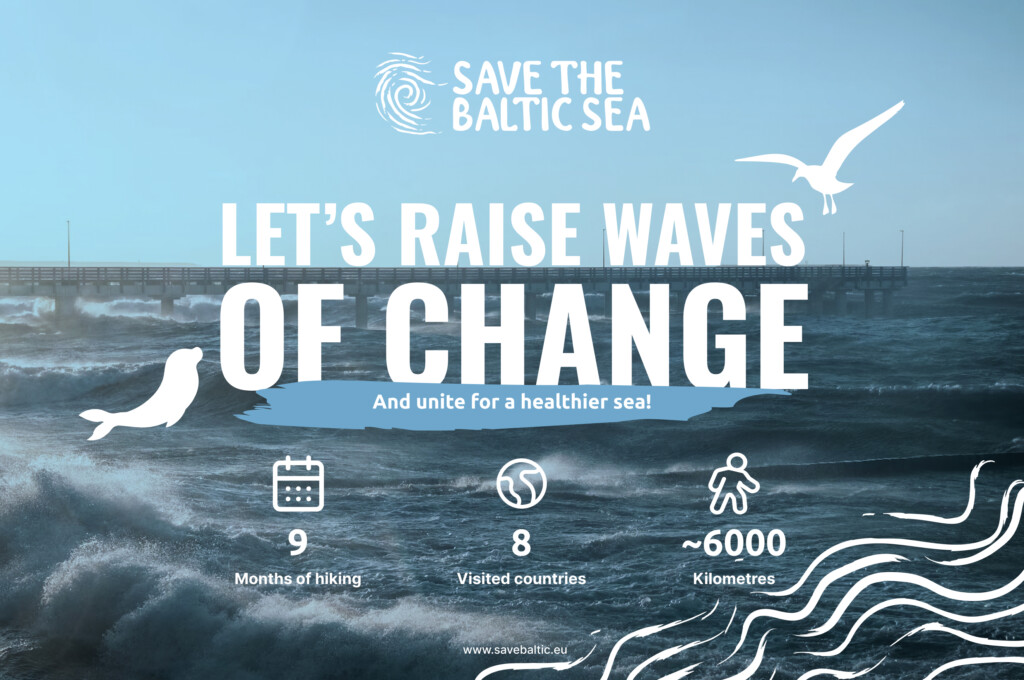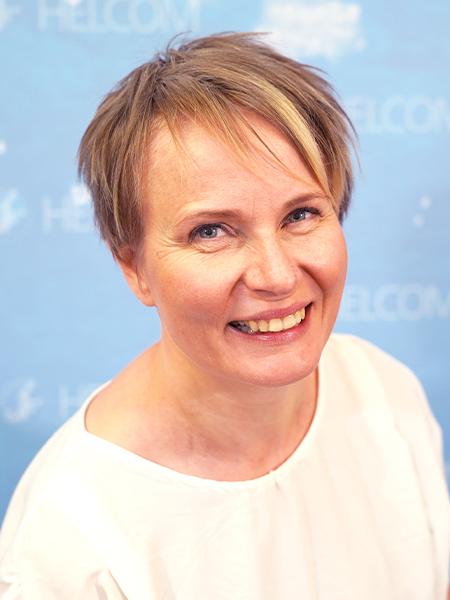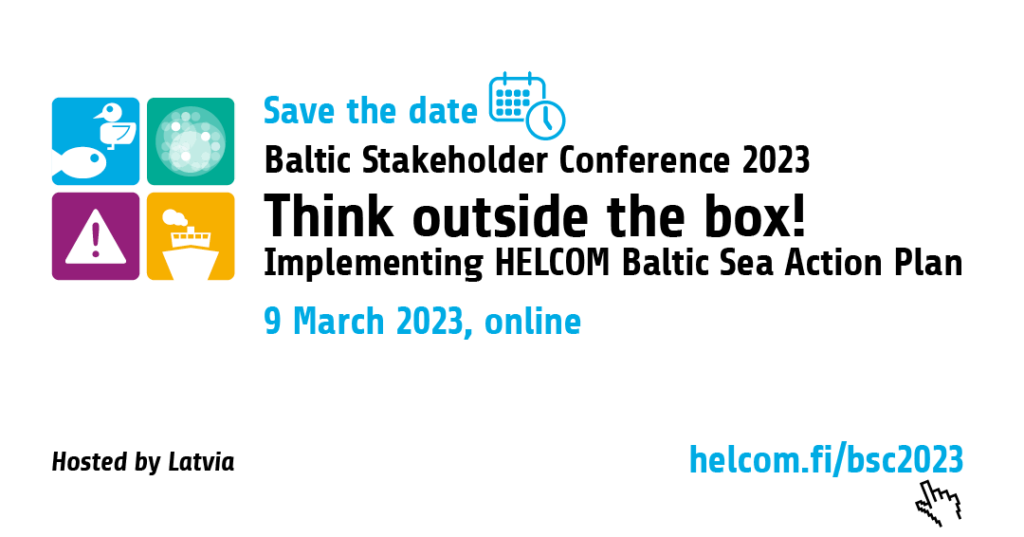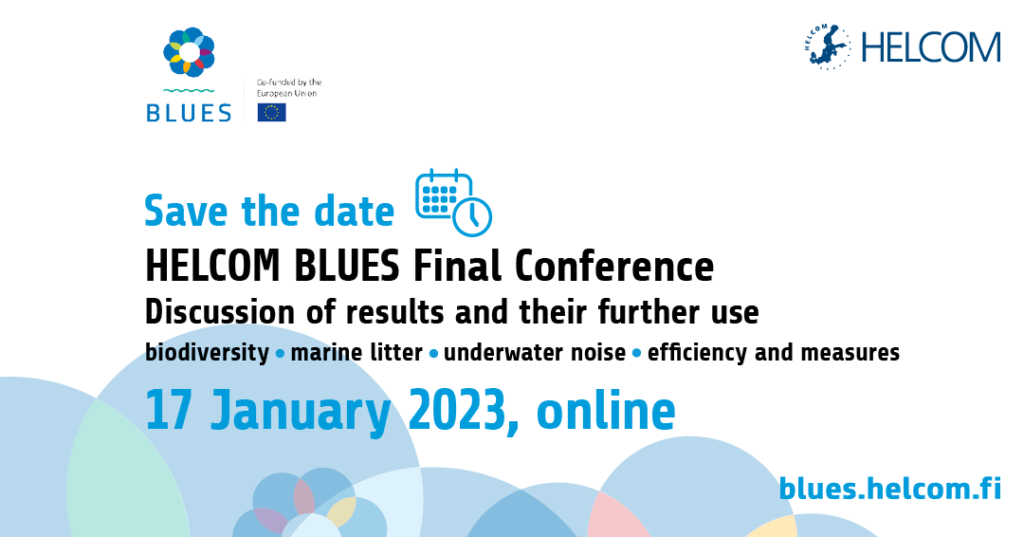News release by CBSS and HELCOM
Experts met in Kiel to advance on the issue of dumped munitions submerged in the Baltic Sea
To tackle the explosive issue of dumped munitions in the waters of the Baltic Sea, about 40 leading experts from the Baltic Sea Region (BSR) met at a roundtable event in Kiel, Germany from 12 to 13 December 2022.
The objectives of the roundtable were to establish a common understanding and initiate a multi-disciplinary and BSR-wide dialogue on dumped munitions, including the best options for remedial and removal of what has now become a ticking timebomb.
After the Second World War, around 40,000 tonnes of chemical munitions were discarded in designated dumping areas in the Baltic Sea. An unknown quantity was also disposed of on the way to the dumping sites, making it difficult to pinpoint exact locations.
In addition, an unknown but large amount of conventional ammunition and unexploded ordnance (UXO) such as bombs and mines also lie on the Baltic’s seabed. Experts estimate that about 300,000 tonnes of conventional munitions remain in German marine waters alone. In general, dumped munitions and UXO can be found in the waters of all Baltic Sea countries.
Uncertainties prevail about the state of corrosion of the containers of the warfare material, as some have now been submerged for over 75 years. Of the chemical munitions, it is estimated that the majority contain highly toxic mustard gas agents.
The issue of dumped munitions is one of the priorities under the current German Presidency of the CBSS. It was also a priority under the German Chairmanship of HELCOM (2020-2022), and also features in the HELCOM Baltic Sea Action Plan (BSAP).
Co-organised by the Council of the Baltic Sea States (CBSS), the German Federal Foreign Office, the German Federal State of Schleswig-Holstein, and the European Union and the Contracting Parties to HELCOM that are Member States of the European Union, the roundtable was attended by leading experts in policy-making, environmental protection, civil protection, large-scale project management and financing.
Dumped munitions and UXO pose a threat to all Baltic Sea countries and users of the sea, not only endangering human health and the marine ecosystem but also putting at risk shipping and fisheries, among other maritime activities.
As active removal of hazardous underwater objects is complex and expensive, and carries a certain risk of accidents, the default decision of many national authorities has been to leave the material on the seabed. However, there is now a growing consensus about the fact that remediation will eventually be inevitable, and that action needs to be taken now.






